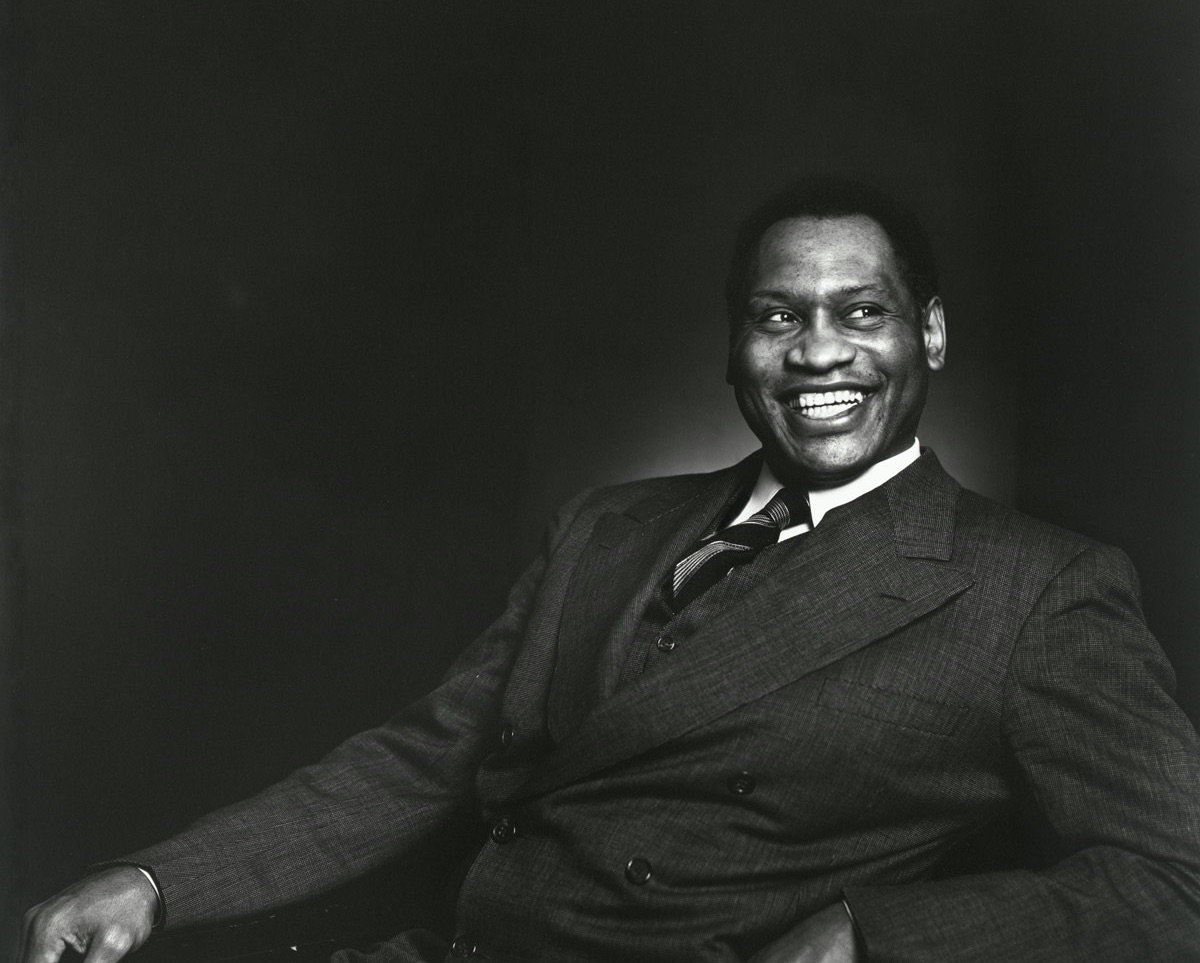Paul Robeson: A Blacklisted Titan
Paul Robeson, a towering figure in the American arts and activism scene, faced a devastating setback during the Cold War era: blacklisting. His career was derailed for over two decades due to his political beliefs and outspokenness on social issues. Despite the challenges he faced, Robeson’s legacy as a talented artist and dedicated activist endures.

A Rising Star
Born in Princeton, New Jersey, in 1898, Paul Robeson displayed exceptional talent from a young age. He excelled in both academics and athletics, earning All-American status in football and graduating from Rutgers College with a Phi Beta Kappa key.
A Multifaceted Artist
Robeson’s artistic talents were as impressive as his athletic abilities. He pursued a career in acting, singing, and oratory, leaving a lasting mark on the American stage. His deep, resonant voice and powerful stage presence captivated audiences and solidified his reputation as a leading performer.
A Voice for Social Justice
Robeson was not content to simply entertain. He was a passionate advocate for social justice and civil rights. His outspokenness on issues such as racial equality and anti-colonialism made him a target of McCarthyism and the Red Scare.
The Blacklist
Robeson’s political beliefs led to his blacklisting by Hollywood studios. He was labeled a communist and his career was effectively ruined. Despite the challenges he faced, Robeson continued to perform and advocate for social justice, using his platform to raise awareness about important issues.
A Legacy of Resilience
Paul Robeson’s legacy is one of resilience and determination. He refused to be silenced by his blacklisting and continued to use his talents to inspire and empower others. His contributions to the arts and his unwavering commitment to social justice will be remembered for generations to come.




